There could be more plastic in oceans than fish by 2050. What are the alternatives to plastics and what are our responsibilities?
The world’s oceans are littered with over five trillion pieces of plastic. It seems that the Pacific Ocean has the floating island of garbage. If you see carefully on the ocean surface, you will see infinite small trashes floating on ocean surface.
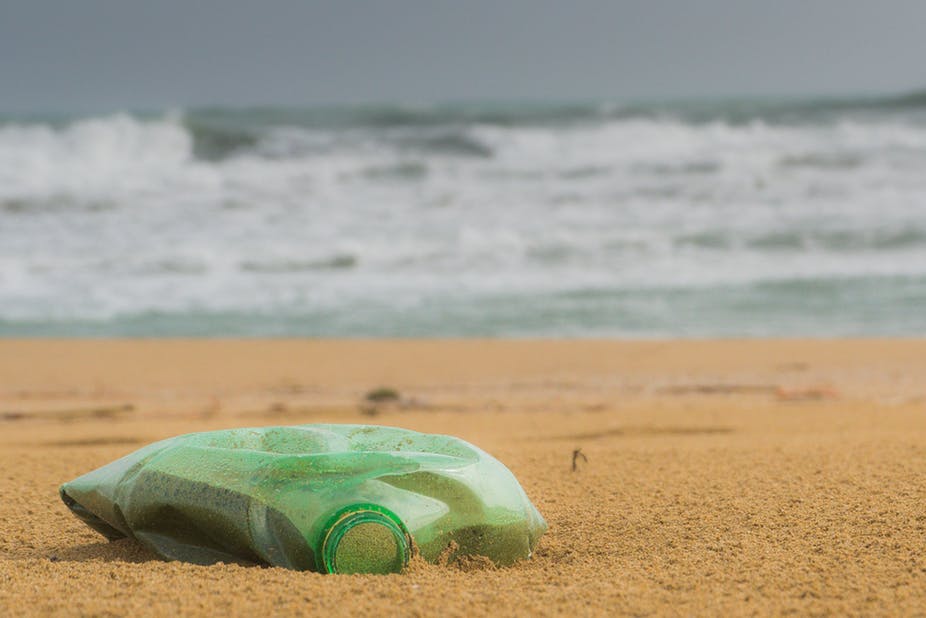
According to scientists estimate, this plastic layer in ocean’s surface is equal to twice the size of continental United States.
When plastic moves through the oceans, it is further broken down into smaller pieces. These smaller pieces can be easily engulfed by marine life. This also causes problems beneath the surface of oceans. There are huge deposits of plastic at the bottom of oceans.
This situation is really shocking. More impacts of plastics on ocean ecosystem and marine life have to been further investigated. Scientists are currently finding ways to stop the flow of plastic into the oceans before this situation becomes out of control.
The Ocean Cleanup Project:
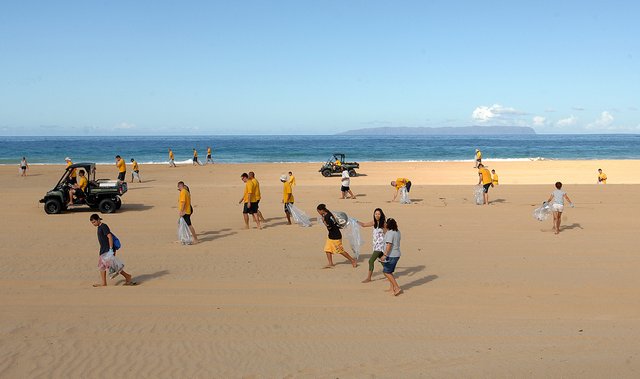
The most effective and natural solution to this problem is to try to clean up the mess which is already present.
The idea of The Ocean Cleanup was first perceived by 18 year old Dutch entrepreneur Boyan Slat. The aim of his project is to stop the plastic flow in oceans by installing huge barriers to trap the plastic. The large currents of oceans keep the floating plastic in place. Hence the plastic debris will accumulate against the barriers.
“Of course, clean-up is really important,” says Prof Richard Thompson, head of the International Marine Litter Research Unit at Plymouth University, the UK “and it’s our first reaction as humans when we’ve made a mess.” Such reactions vary wildly in scale, from local ‘beach cleans’ to largescale, high-tech projects launched by the likes of The Ocean Cleanup.
According to project team, the placement of barriers could clean up 50% of Pacific garbage within 05 years. This exciting project captured the attention of the people and got sizeable donations. The Ocean Cleanup has received $31.5 m donations since 2013. Currently the project team is doing feasibility study and this system would be operational later this year.
“If I were a rich philanthropist, I would be putting 99 per cent of my money into stopping the flow (of rubbish), and 1 per cent into clean-up”
Thompson- The Ocean Cleanup
The plastics are made using fossil fuels and scientists are trying to find alternatives. 4% of global oil production goes to plastic and this can be brought down to zero.
Materials that are alternative to plastics:
The plastics are made using fossil fuels and scientists are trying to find alternatives. 4% of global oil production goes to plastic and this can be brought down to zero.We can reduce our dependence on the plastic and use the following alternate materials:
1. Sugar and Carbon Dioxide:
Sugar and carbon dioxide can be the good substitutes. A team of University of Bath has developed this substitute using plastic polycarbonate. This method not only bypassed fossil fuels but the resulting material is transparent as well as easily biodegradable.
2. Agar:
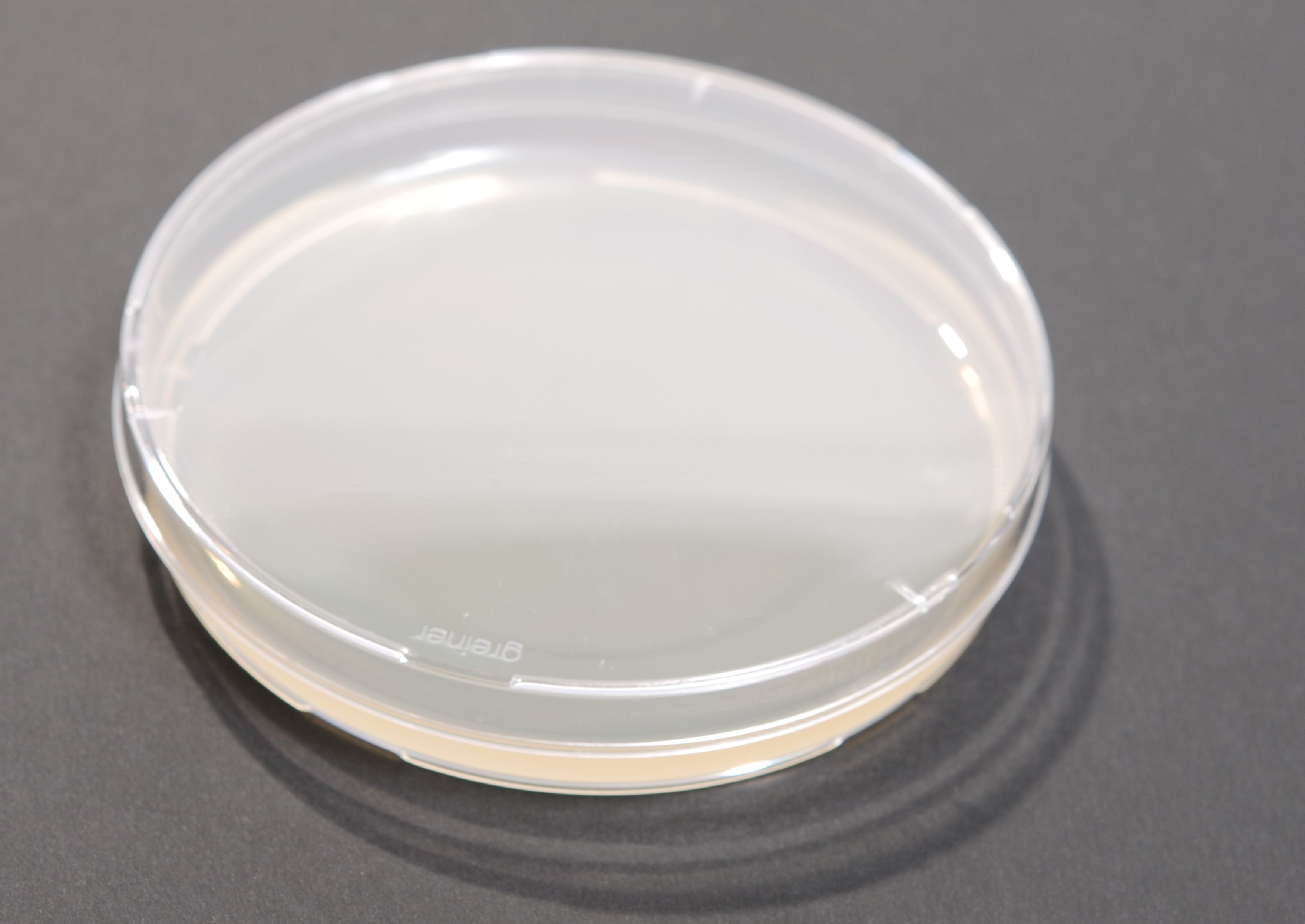
Agar is easily extracted by boiling red algae. It is used to make sweets in Japan. In project of Agar Plasticity, Tokyo based designer AMAM suggested that this jelly like substance could be the best alternative of plastics. This can be done by heating agar, pouring it into pre-defined moulds and freezing it; it can produce huge quantity of plastic like products and packaging material.
3. Fungi:
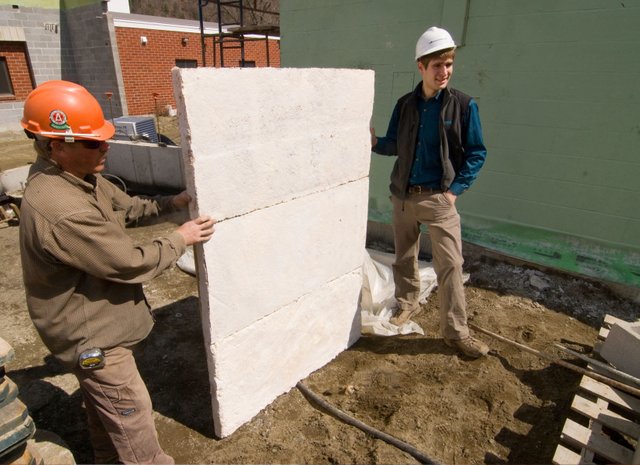
New York company Ecovative Design is creating plastic alternatives by using mycelium. Mycelium is mass of filaments of mushroom. In this project, the mixture of fungi and food source is placed in mould like food packaging or furniture. This mixture is heated to kill fungi, leaving behind durable and biodegradable plastic alternative.
4. Edible Packaging:
US Department of Agriculture, has developed a replacement of thin plastic films which are used in food packaging. These plastic films are easily biodegradable and can also prevent spoilage of food.
5. Chicken Feathers:
Huge quantities of feathers are produced and wasted as by-product of poultry industry. These feathers are composed of keratin material which is tough protein and can be used as replacement of plastics. The scientists at the University of Nebraska have tried to use the feathers by grinding feathers to fine powder and then mixing this powder with chemicals to produce tough plastic alternative.
Facts about plastic pollution:
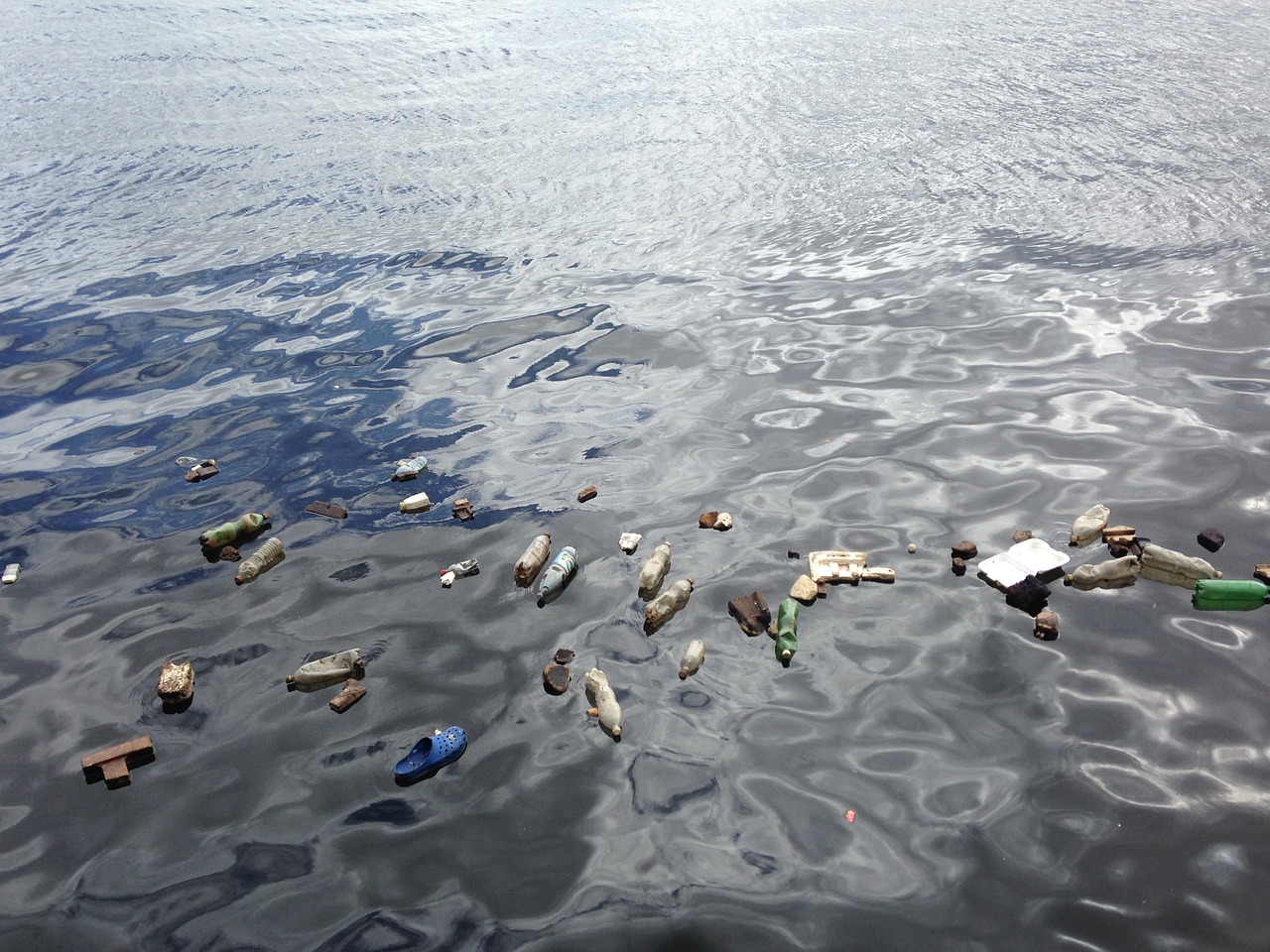
• Every year around 300 million tonnes of plastic is produced.
• Around 180 species of marine life is feeding on plastic.
• By 2050, the total amount of plastic produced for mankind is estimated at 34 billion tonnes.
• Over 480 billion plastics were sold in 2016. That means 60 bottles for each person on earth.
• One trillion plastic bags are discarded each year.
• Around 13 million tonnes plastic is dumped into oceans globally every year. This is equal to mass of 85,000 whales.
• Plastic debris results in loss of around $13 billion each year.
Plastics are not our enemy:
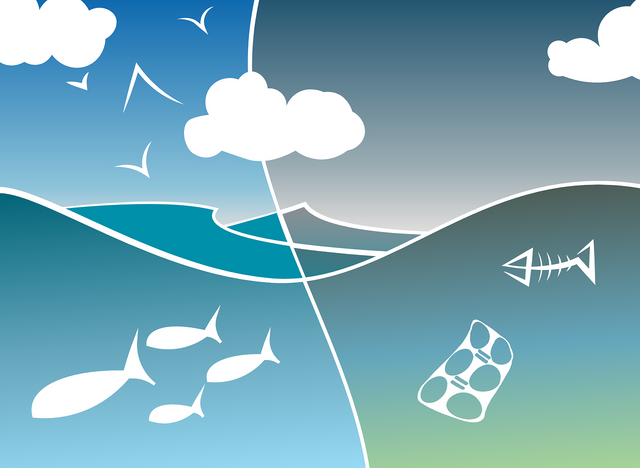
Plastics are inexpensive, durable and useful. The issue is that 40% of plastic is going to single-use items like drinking straws, carrier bags, plastic forks and cotton buds.
Fortunately, more and more projects are re-purposing discarded plastics. These can not only be recycled, but they can further transformed into special products like clothes. Plastic is melt down and turned into fibres that can be used in fabrics.
Plastics can also be used as fuel. New technologies are converting plastic into diesel and gasoline. Plastic is heated in controlled environment with catalyst and fuel can be produced.
By this means, less plastic will go to the oceans. However, major changes are required at industry level to recycle more and more plastic and reuse it.
What are our responsibilities?

Avoid use of single-use plastics:
We should avoid the single-use plastics like carrier bags, bottles and drinking straws. Rather we should use ‘bag for life’, carry reusable bottle and sip the drinks straight from glass without using straws.
Avoid using chewing gum:
Chewing gum is made of synthetic rubber which is plastic. It is shocking to know that 100,000 tonnes of chewing gum is discarded each year. Can we live without chewing gum?
Participate in beach cleanup:
Different organizations are currently cleaning up and removing the rubbish from the beaches. We should help them by raising awareness in masses.
Recycle:
We hear about recycling every day but unfortunately only one third of plastic is recycled only in UK. We should help our local rules and adopt the habit of recycling.
All the images used are free and taken from pixabay, shutterstock and Google copyright free images.
nice information.....thanks for sharing this
Congratulations @munawar1235! You have completed some achievement on Steemit and have been rewarded with new badge(s) :
Click on any badge to view your own Board of Honor on SteemitBoard.
To support your work, I also upvoted your post!
For more information about SteemitBoard, click here
If you no longer want to receive notifications, reply to this comment with the word
STOPWhoa!!, it's hard to believe sugar f carbon dioxide and be used as substitute, boy that would've so cool. I went to take a dip at sea once, d when I flew in, I got hit in the head by a plastic, and I kept wondering to myself, "why are there plastics in the ocean, apart from hiting my head, there sure to be various side effects, thanks for sharing.
This post has been upvoted and picked by Daily Picked #35! Thank you for the cool and quality content. Keep going!
Don’t forget I’m not a robot. I explore, read, upvote and share manually ☺️
Useful science, what you describe about some things be it plastic, gum or some other things you write it I agree. Thanks @munawar1235 for sharing.